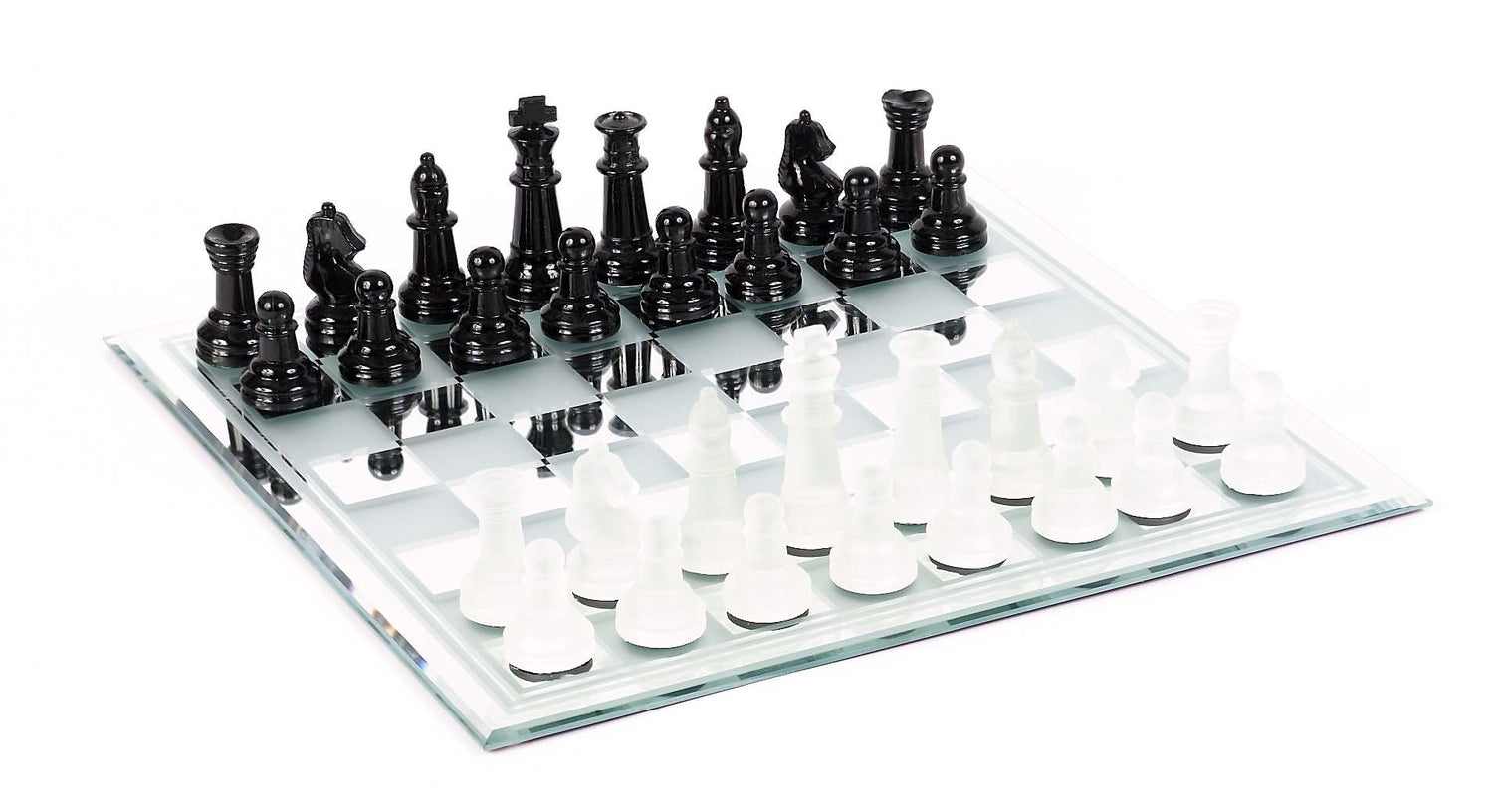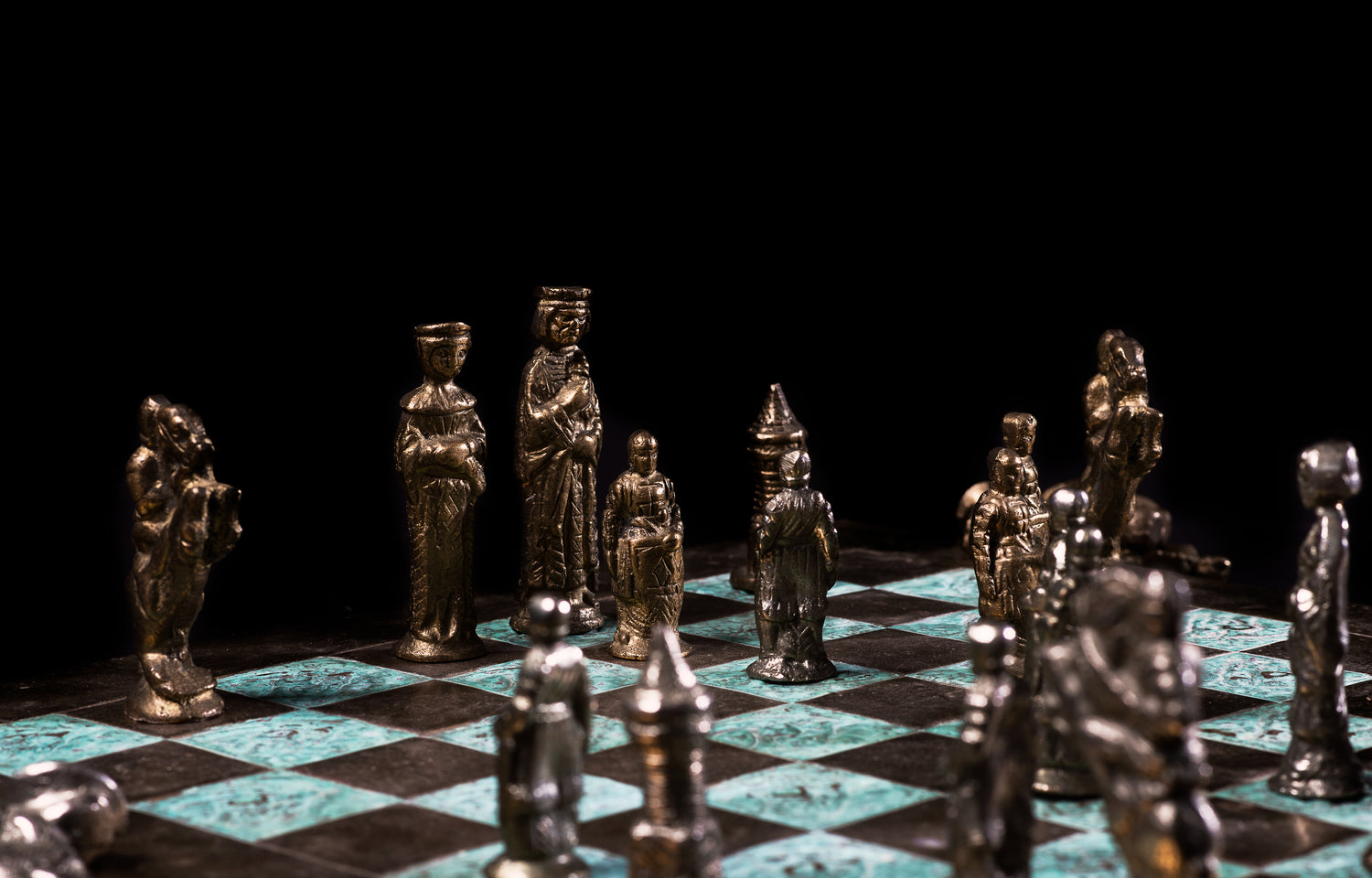"Life is like a game of chess. To win you have to make a move" – Allan Rufus
Introducing children to chess can be a transformative decision, offering a myriad of benefits that significantly contribute to their development. Here's an exploration of why chess is more than just a game for kids, and how it can positively impact their growth.
-
Enhances Cognitive Development: Chess is renowned for boosting cognitive abilities in children. By engaging regularly in the game, they not only enhance their problem-solving skills and critical thinking but also improve their analytical power. This mental exercise encourages children to think, process, plan, and execute, fostering a higher level of intellectual functioning.
-
Improves Memory and Concentration: Playing chess necessitates a good memory and concentration. Children need to remember rules, positions of pieces, and strategic plans. This kind of active engagement strengthens memory and focus, essential skills in academic and other life situations.
-
Develops Critical Thinking and Problem-Solving Skills: Chess is a game of strategy and tactics. Each move requires players to think critically and anticipate their opponent's next steps. These skills are invaluable in real life, where children learn to analyze situations and come up with solutions.
-
Boosts IQ and Stimulates Creative Thinking: Studies have shown a correlation between playing chess and increased IQ levels. Chess stimulates both the left and right hemispheres of the brain, enhancing logic, pattern recognition, and creativity.
-
Teaches Planning and Foresight: Chess involves foresight and the ability to plan ahead. Children learn to consider the consequences of their actions, a skill that can be applied in many real-life situations. This ability to anticipate and strategize is crucial for personal and academic success.
-
Encourages Sportsmanship and Social Interaction: Chess teaches children the importance of sportsmanship – understanding how to win graciously and lose gracefully. It also offers opportunities for social interaction, be it in chess clubs, tournaments, or casual games with friends and family.
-
Builds Confidence and Teaches Persistence: As children improve in chess, their self-confidence grows. They learn
-
Builds Confidence and Teaches Persistence: As children improve in chess, their self-confidence grows. They learn the importance of persistence and resilience – understanding that success often comes after several attempts and learning from failures. This is an important life lesson, teaching them to approach challenges with determination and a positive attitude.
-
Promotes Mental Stamina and Patience: The game requires patience and long-term concentration, helping children to develop mental stamina. It's an exercise in staying focused and dedicated, even in challenging situations.

